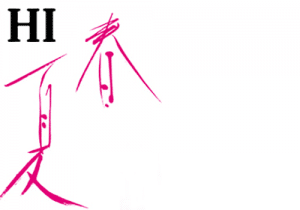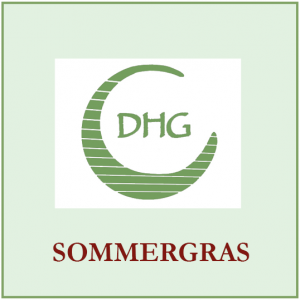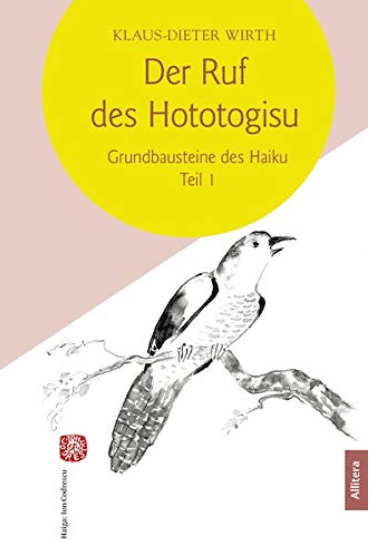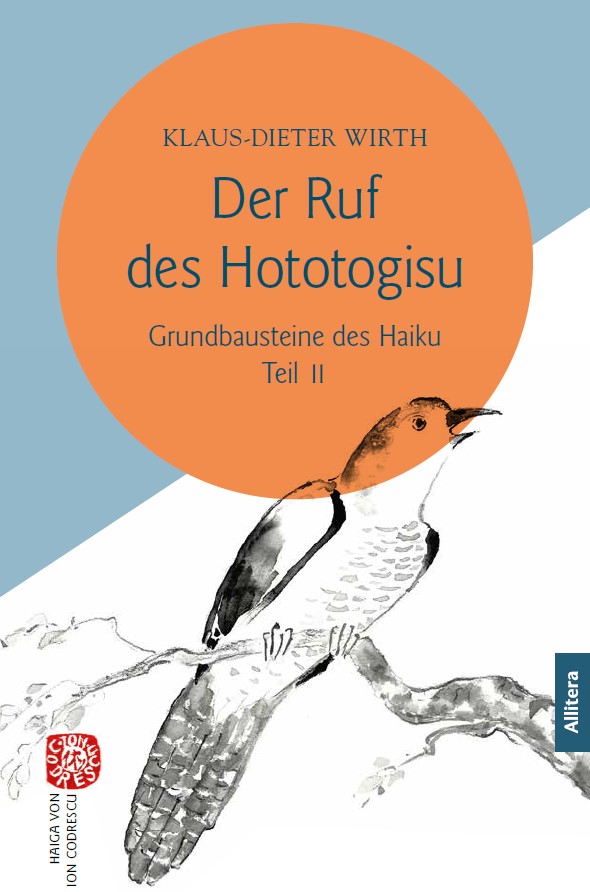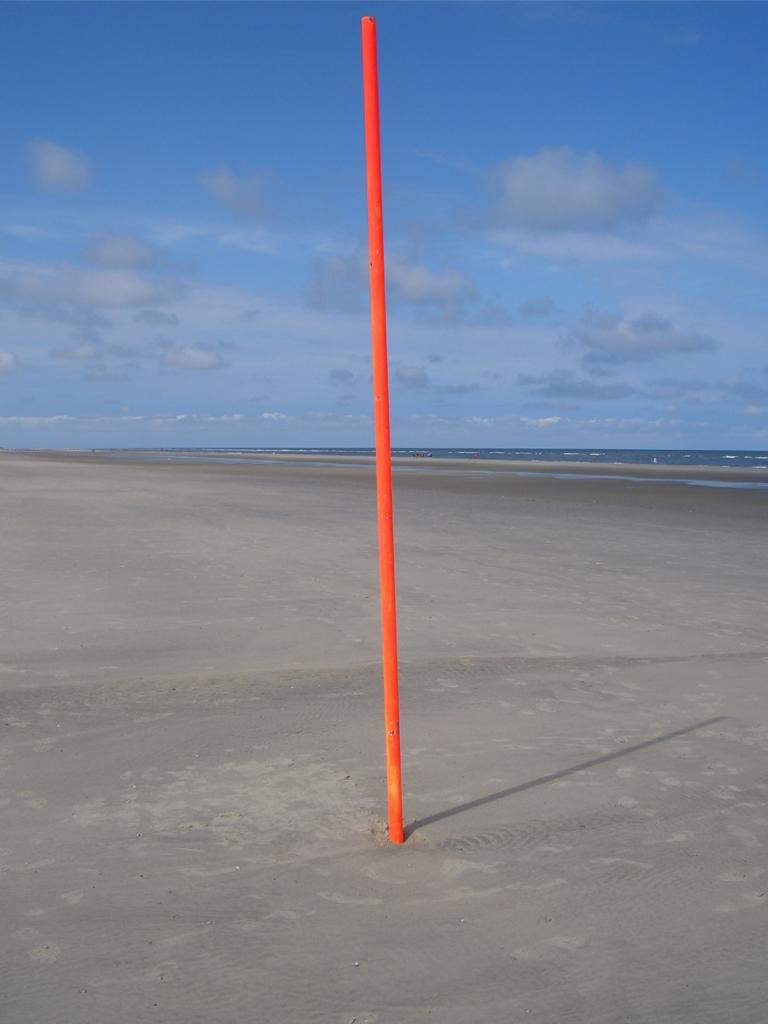Im Zeitraum November 2013 bis Januar 2014 wurden insgesamt 204 Haiku und 16 Tanka von 52 Autorinnen und Autoren für diese Auswahl eingereicht. Einsendeschluss war der 15. Januar 2014. Jeder Teilnehmer konnte bis zu 5 Haiku oder Tanka einsenden.
Diese Werke wurden vor Beginn der Auswahl von Silvia Kempen anonymisiert, die auch die gesamte Koordination hatte. Die Jury bestand aus Margareta Hihn, Christa Beau und Reiner Bonack. Die Mitglieder der Auswahlgruppe reichten keine eigenen Texte ein.
Alle ausgewählten Werke (30 Haiku und 6 Tanka) sind nachfolgend alphabetisch nach Autorennamen aufgelistet – es wurden bis zu max. drei Werke pro Autor/in aufgenommen.
„Ein Haiku/ein Tanka, das mich besonders anspricht“ – unter diesem Motto besteht für jedes Jurymitglied die Möglichkeit, ein Werk auszusuchen (noch anonymisiert), hier vorzustellen und zu kommentieren.
Der nächste Einsendeschluss für die Haiku/Tanka-Auswahl ist der 15. Juli 2014.
Bitte schicken Sie Ihre Haiku bzw. Tanka zukünftig an folgende E-Mail-Adresse
(die Postadresse bleibt weiterhin bestehen): auswahlen@deutschehaikugesellschaft.de
Es können nur bisher unveröffentlichte Werke eingereicht werden. Keine Simultaneinsendungen. Die Einsendungen bitte im Mail-Body, keine angehängten Dateien.
Da die Jury sich aus wechselnden Teilnehmern zusammensetzen soll, möchte ich an dieser Stelle ganz herzlich alle interessierten DHG-Mitglieder einladen, als Jurymitglied bei kommenden Auswahl-Runden mitzuwirken.
Silvia Kempen
Ein Haiku, das mich besonders anspricht
Ausgesucht und kommentiert von Christa Beau:
Das Thema rund um die Familie, Mutter, Vater, Großmutter, Großvater, Kinder, Enkelkinder usw. ist nicht innovativ. Dennoch wird es immer ein Bestandteil unseres Lebens sein, wird immer wieder unsere Gedanken anregen, uns motivieren Momente des Zusammenlebens im Haiku festzuhalten.
In der Regel sind es Vater und Mutter, die uns erziehen. Sie sind im ersten Teil unseres Lebens unsere Bezugspersonen, die Personen, die uns lieben, behüten, beschützen.
Doch irgendwann sind wir es, die erwachsenen Kinder, die für Mütter oder Väter die Fürsorge übernehmen. Egal ob es die eigenen Eltern sind oder Menschen, die uns in Heimen, im Betreuten Wohnen anvertraut werden.
Unter diesem Gesichtspunkt hat mich das Haiku berührt:
gefrierender See
Mutter zeichnet
ihren letzten WunschHelga Stania
Es steht viel zwischen dem Gesagten. Eine alte Frau, vielleicht Greisin, zeichnet ihren letzten Wunsch. Möglicherweise unterzeichnet sie ihren letzten Willen, das Testament.
Welches Schicksal liegt hinter ihr? Kann sie nicht mehr schreiben? Sie zeichnet. Hat sie keine andere Sprache mehr?
Vielleicht befindet sie sich in einem Heim. Jemand zeichnet mit ihr. Eine Art sich auszudrücken, die zum Leben der Mutter gehörte.
Und der „gefrierende See“ schließt sich. So wie sich das Leben der Mutter schließen wird.
Für mich ein gelungenes Haiku.
Ausgesucht und kommentiert von Reiner Bonack:
am friedhofseingang
das mädchen mit dem handy
schlägt die zeit totPeter Wißmann
Die Autorin/der Autor dieses Haiku suggeriert einen Betrachter, der selbst außerhalb des eigentlichen Geschehens auf dem Friedhof steht und die Situation etwas vorschnell mit seiner Wertung deutet. So fasste ich das Mitgeteilte zunächst auf. Denn: Die dritte Zeile beinhaltet ja außer der Mitteilung einer scheinbar offensichtlichen Tatsache gleichzeitig auch eine Wertung, ist Metapher für Langeweile, faulenzen, sich herumdrücken, verlorene Zeit. Abhängen, und das am Friedhofseingang, könnte man kopfschüttelnd oder empört konstatieren. Seht, die da schlägt ihre Lebenszeit mit sinnlosen Spielereien tot, während andere früh starben und die meisten bestimmt gern noch ein paar Jährchen gelebt hätten.
Nach mehrmaligem Lesen eröffneten sich mir jedoch weitere Lesarten.
Möglicherweise wartet das Mädchen auf etwas oder jemanden und vertreibt sich dabei die Zeit, die dann gar nicht mehr so sinnlos, wie es auf den ersten Blick scheint, genutzt würde. Denn Däumchen dreht es ja nicht. Es rührt sogar mehr als nur einen Finger. In seinem eigenen Verständnis tut das Mädchen vielleicht etwas, was das Leben (das Warten) spannend und interessant macht, was ihm wichtig ist, wichtiger als die Toten, in deren Nähe (Sind sie ihr nah?) es sich im Verständnis eines nicht nur registrierenden Beobachters doch bitteschön angemessen, also den Erwartungen der „Erwachsenen“ entsprechend, „aufzuführen“ hat.
(Das Haiku übermittelt unterschwellig auch den Draufblick jener „Erwachsenen“, die ganz selbstverständlich davon ausgehen, die Jungen würden aus Langeweile und mangelnden anderweitigen Interessen mittels ihrer Handys (Spielzeuge) nur Belangloses abrufen oder kommunizieren.)
Dass das Mädchen am Friedhofseingang steht kann aber auch darauf verweisen: Es hat sich vom Ort der Trauer und des Gedenkens an den Rand zurückgezogen, hat möglicherweise das Empfinden, mit dem Handy auf dem Friedhof störend zu wirken.
Oder: Es hat „keinen Bock mehr“ auf ein sich fast täglich oder wöchentlich wiederholendes Ritual. Erinnerung: „Oma, was machen wir heute?“ „Heute? Heute ist Mittwoch. Da gehen wir doch immer auf den Friedhof.“
Oder: Es hat keine Beziehung zu den Toten, zu dem oder der Toten auf dem Friedhof, und es ist es leid, Betroffenheit zu heucheln?
Oder: War das Mädchen – auch das scheint mir möglich – durch den Besuch des Friedhofs, durch das Bewusstwerden von Schmerz und Trauer derart aufgewühlt, dass es erst einmal den Friedhof verlassen, von dieser Erfahrung wieder Abstand gewinnen musste (auch durch „Zeit totschlagen“), ohne sich ganz vom Ort des Erfahrenen lösen und entfernen zu können?
Dieses Haiku scheint mir offen für eine Reihe von Interpretationsmöglichkeiten und dennoch nicht beliebig interpretierbar. Deshalb finde es sehr gelungen.
Die Auswahl
Auf dem Kalender
noch dick markiert
sein GeburtstagMarita Bagdahn
Tauwetter –
in alten Räumen
neue KlängeCezar-Florin Ciobîcă
Heilige Nacht –
das Licht des Neuschnees über
der alten KrippeCezar-Florin Ciobîcă
das Blau des Frühlings
in den Augen
des GreisesFrank Dietrich
Aromatherapie –
im Hausflur
ein fremdes ParfümFrank Dietrich
Schaufensterpuppe –
sie sagt ihm dass ihre Brüste
nicht echt sindFrank Dietrich
Wintersonne
zwischen Kissen und Decke
Mutters kleines GesichtHeike Gericke
Altstadtrestaurant
von Efeu überwuchert
die ErinnerungHans-Jürgen Göhrung
Augenaufschlag
in der Notfallaufnahme
blüht ein VeilchenHans-Jürgen Göhrung
Winternacht
klirrend
geht ein Glas zu BruchHans-Jürgen Göhrung
Bergpfad nach Kyoto.
Vor einem Riesenbuddha
steht ein Sommerstrauß.Saskia Ishikawa-Franke
Krankenhausfenster.
Auf dem Geländer turteln
Tauben im Vollmond.Saskia Ishikawa-Franke
Zen-Tempelgarten,
von einem Schneerest bellt ein
Hund in die Stille.Saskia Ishikawa-Franke
Südflug der Schwäne
in den Federn das letzte
Licht der ArktisGérard Krebs
Sonnenaufgang
ein Kirschbaum erleuchtet
den TempelhofGérard Krebs
Morgenland
ich betrete die Leere
meines TagesEva Limbach
Coffee to go –
mit kalten Fingern
süße ich nachEva Limbach
er siebzehn
sie einundneunzig – dazwischen
ein rollstuhlRalph Günther Mohnnau
Abenddämmerung
lautlos wachsen
schwarze SchraffurenBirgit Schaldach-Helmlechner
Der Trost dieser Nacht
Glanz noch auf nassen
DächernBirgit Schaldach-Helmlechner
Augenkontakt
Großmutter bückt sich lächelnd
zu einem LächelnAngelica Seithe
altes Album
Sie blättert ein Schmunzeln umAngelica Seithe
gefrierender See
Mutter zeichnet
ihren letzten WunschHelga Stania
zwielicht
an der fensterscheibe
noch ein paar federnHelga Stania
Der Druck zu groß –
nun trägt sie Langarmpullis
mitten im JuliBrigitte ten Brink
Blutspendeaktion
vom Plakat lacht
eine WiedergeboreneBrigitte ten Brink
im Stiegenhaus
der Geruch von Hefeteig
Mutter wieder wohlaufElisabeth Weber-Strobel
am friedhofseingang
das mädchen mit dem handy
schlägt die zeit totPeter Wißmann
bunte windräder
jagen im wintersturm
kinderfriedhofPeter Wißmann
Die Welt
im Spiegel des Sees.
Sie trägt Falten.Birgit Zeller
„Diesmal feiern wir
gemeinsam ins neue Jahr“
sagtest du
und so warte ich auf dich
auch am 32. DezemberTony Böhle
der Song
zu dem wir das erste Mal
tanzten
als er im Radio läuft
wechselst du den SenderTony Böhle
die Wäsche verstreut
der Abwasch unerledigt
irgendwo dazwischen
bin ich ein Teil der Dinge
die dein Leben vermüllenTony Böhle
der kalte Mond
dringt durch das Fenster…
ich versuche
die ungesagten Worte
zu vergessenCezar-Florin Ciobîcă
Die lieben Gäste –
ich rechne auch auf dich
duftender Jasmin!
in der stillen Luft vergeht
heute der ruhige TagDragan J. Ristić
Früh am Gartentor
bittet ein Zaunkönig
um Asyl
Gestern fiel sein Reich
Nachbars Säge zum OpferMonika Smollic


